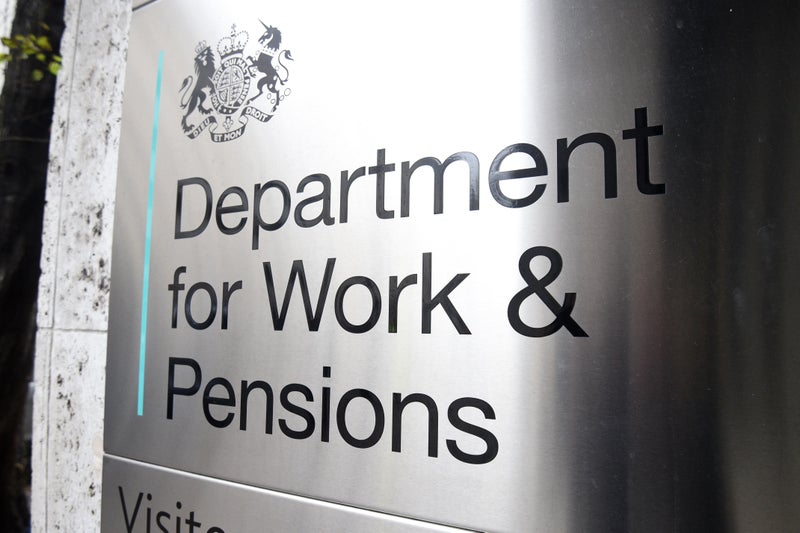DWP benefit payments shakeup aimed at these 200,000 people
DWP benefit payments shakeup aimed at these 200,000 people
Share:
The Department for Work and Pensions (DWP) has said some 200,000 individuals receiving health and disability benefits are eager to work, ahead of a planned clampdown on payments. The statement comes as the government department also disclosed that the number of young people unemployed due to mental health issues has skyrocketed by over a quarter in a year, hitting a record high of 270,000. The DWP is now preparing for a drastic overhaul of the benefits system, which could result in hundreds of thousands of people losing their payments. This will involve the implementation of stringent work capability assessments that will effectively remove people from benefits and direct them towards the Jobcentre system to seek employment.
Jobcentres will undergo a revamp to include new job, career, and training opportunities, while health experts will be enlisted to assist people in finding work. The DWP has released a study claiming that an astonishing 200,000 people on health and disability benefits are ready to work immediately if the right job or support were available. The findings put fresh pressure on the government to act, with Work and Pensions Secretary Liz Kendall set to unveil a radical overhaul of the health and disability benefits system this spring. Ministers believe the changes will provide meaningful support to those who are keen to re-enter the workforce, boosting their living standards and self-esteem.
The government believes these changes will offer substantial support to those eager to rejoin the workforce, thereby enhancing their living standards and self-esteem. According to the report, nearly half (44%) of individuals with a mental health condition believe they could work if their health improved. Additionally, 32% of health and disability benefit recipients believe they could work either now or in the future – with 5% (or 200,000 people) stating they are ready immediately if the right support was available. Critics have long maintained that the current system ensnares people in unemployment, with the survey confirming that half of benefit claimants fear losing their financial support if they attempt to work and it doesn’t pan out.
Ms Kendall, who is visiting the Workbridge charity today to hear from those affected, said: "Today’s report shows that the broken benefits system is letting down people with mental health conditions who want to work. They have been ignored and shut out of jobs, when they’ve been crying out for support. That is a serious failure. It’s bad for people, bad for businesses missing out on talent, and bad for the economy.".
The upcoming reforms will be a crucial component of the government’s Plan for Change, which is designed to eliminate obstacles to employment and address economic inactivity. The UK stands out as the only G7 nation where economic inactivity surpasses pre-pandemic levels, with escalating benefits costs largely attributed to increasing claims related to mental health conditions. The Government has committed to collaborating closely with charities, businesses and disabled individuals to establish a more equitable system that provides genuine support for those seeking employment, while ensuring efficient use of taxpayer money.
In line with broader efforts to bolster mental health support, ministers have pledged:. * An additional 8,500 mental health staff. * Mental health support teams in every school. * Open-access mental health hubs in every community. These reforms will build upon the Get Britain Working White Paper, which seeks to achieve an 80% employment rate and reduce poverty nationwide. With record numbers of people now accessing employment advice through NHS Talking Therapies, officials are hopeful that more individuals can secure rewarding jobs that enhance both their mental health and financial stability. Time to Talk Day, spearheaded by Rethink Mental Illness, Mind, and the Co-op, aims to promote open discussions about mental health—conversations that today’s report suggests must now translate into action.






















